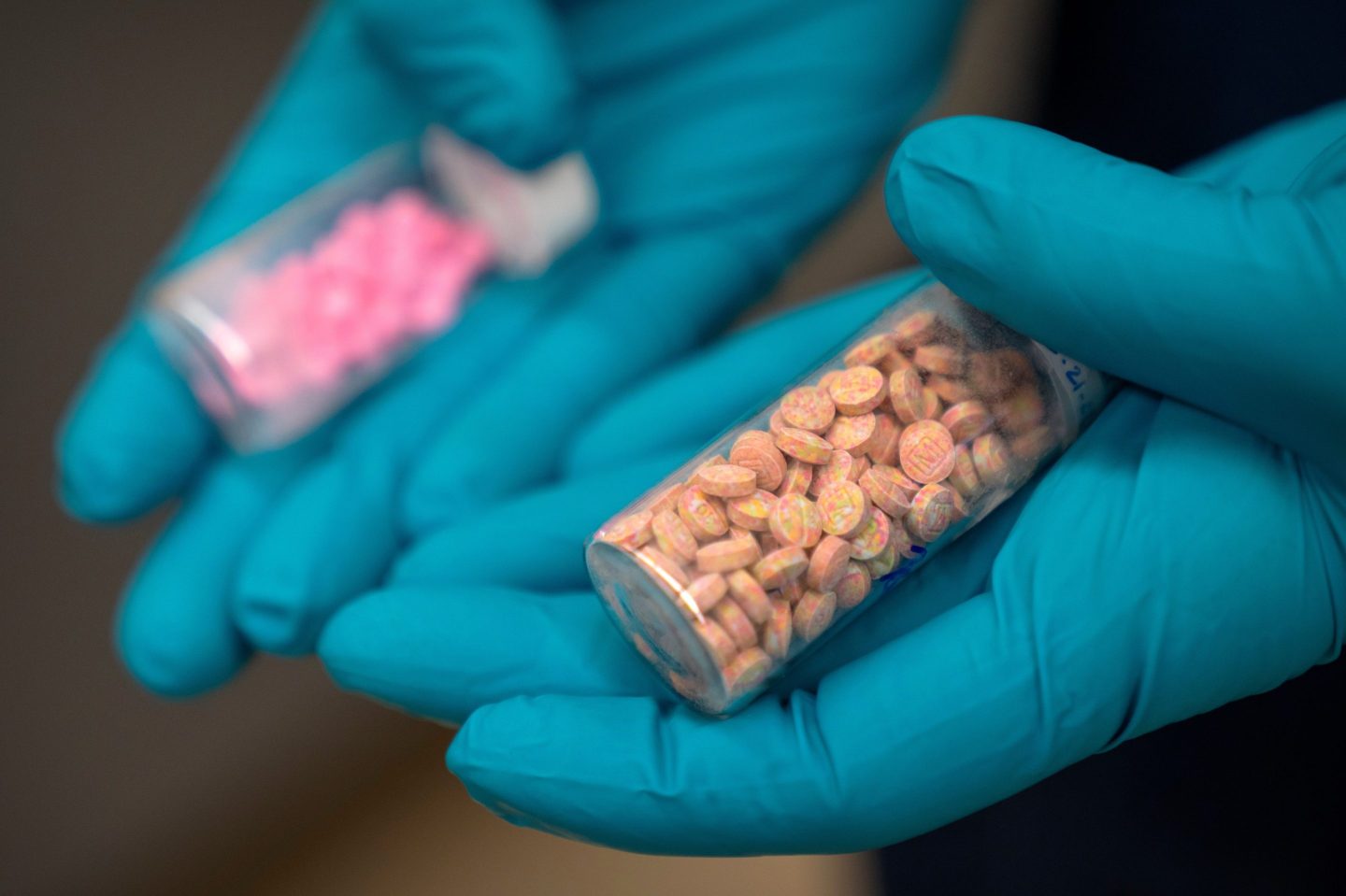Hello, readers! This is Sy.
The Food and Drug Administration (FDA) is taking what, for an agency that’s generally known for its caution and under-the-radar regulatory approach, may be seen as an aggressive new tact against drug makers: Publicly calling out companies accused of delaying the entry of cheaper generic drugs to the market by preventing generic manufacturers from getting samples of expensive brand name medicines.
“Today, we’re making public a list of companies that have potentially been blocking access to the samples of their branded products,” said FDA Commissioner Scott Gottlieb in a statement. “We hope that this increased transparency will help reduce unnecessary hurdles to generic drug development and approval.”
The FDA’s new public list of companies that may be “gaming” the system, as the agency puts it, is being compiled by collecting inquiries from generic biopharmaceutical firms who claim they’re having trouble getting their hands on branded treatments they’d like to make copycats of due to limited distribution. (It’s hard to make a version of a therapy without, well, access to the actual therapy.)
A number of industry giants currently in the database have inquiries spanning a variety of medications—although some appear on the list more than others. For instance, Celgene, which has come under intense scrutiny for regularly hiking the price of its flagship blood cancer treatment Revlimid, has 31 inquiries across three different drugs (including 13 Revlimid-related inquiries). Novartis has 11 inquiries over four drugs and Gilead has 11 for two medicines (including one for the HIV prevention treatment Truvada).
Health and Human Services (HHS) Secretary Alex Azar telegraphed the FDA database when announcing new Trump administration efforts aimed at reducing drug prices last week. As it turns out, Azar and Gottlieb were serious about the name-and-shame.
Read on for the day’s news.
| Sy Mukherjee | |
| @the_sy_guy | |
| sayak.mukherjee@fortune.com |
DIGITAL HEALTH
American Heart Association, Philips launch venture fund for heart health startups. The American Heart Association (AHA), the University of Pittsburgh Medical Center (UPMC), and device maker Philips have teamed up to launch a $30 million initial venture fund for startups focused on cardiovascular health. The fund is specifically meant for digital health firms developing mobile apps and platforms for managing conditions like heart disease and stroke. (FierceHealthcare)
INDICATIONS
FDA approves first non-opioid drug to help with withdrawal. The Food and Drug Administration (FDA) on Wednesday approved US WorldMeds LLC's Lucemyra, the first-ever non-opioid drug meant to treat opioid withdrawal symptoms in the U.S. The drug is only approved for adults for two weeks' worth of therapy; as the opioid addiction crisis rages on, public health officials have been calling for more experimentation with non-opioid pain—and withdrawal—medicines. (Reuters)
ASCO fever begins. The American Society of Clinical Oncology's (ASCO) annual meeting, the largest cancer conference in the world, is around the corner—and companies are beginning to preview the data they'll be unveiling at the confab. Shares of Jounce Therapeutics plunged 32% Thursday as investors recoiled from a lackluster abstract for its new type of cancer therapy, which is also being tested in combination with various cancer immunotherapies. On the other end of the spectrum: Loxo Oncology soared 20% in Thursday trading thanks to strong results for its own experimental therapy LOXO-292, which is being tested in multiple tumor types. (FierceBiotech)
THE BIG PICTURE
House passes VA choice expansion bill. The House of Representatives on Wednesday voted to expand veterans' access to private health care on the tax payer dime, weeks before the Department of Veterans Affairs' "Choice" program was set to run out of money. Public VA facilities have been criticized for their backlogs, and the legislation to expand private care access passed on an overwhelmingly bipartisan basis. The bill now goes to the Senate. (Modern Healthcare)
REQUIRED READING
Why Is the U.S. Fertility Rate So Low Right Now? by David Meyer
Wells Fargo's Latest Misconduct Involves Its Corporate Customers, by Polina Marinova
Grocery Delivery Wars: Kroger Is Fending Off Amazon's Whole Foods With a New Service of Its Own, by Bloomberg
Commentary: Why the Best Leaders Give Their Power Away, by Leslie Crutchfield
| Produced by Sy Mukherjee | |
| @the_sy_guy | |
| sayak.mukherjee@fortune.com |
Find past coverage. Sign up for other Fortune newsletters.










